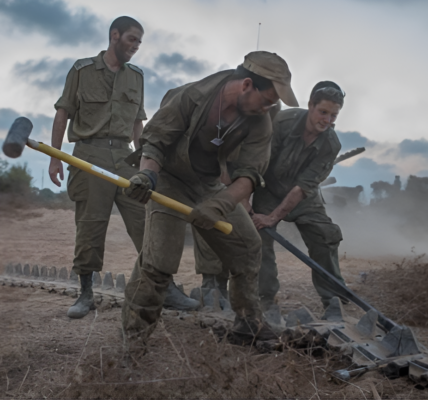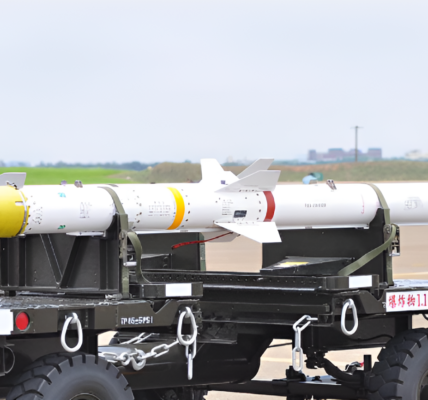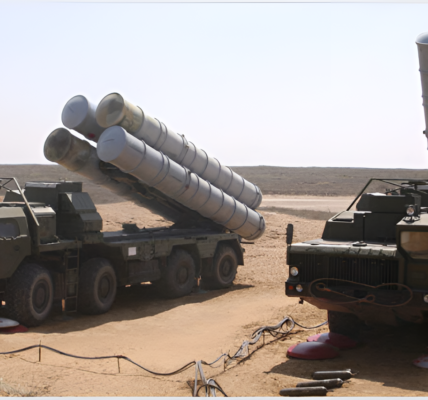
In September, South Korean sources reported the deployment of North Korean combat aviation pilots to Vladivostok, Russia, followed by the arrival of ground troops and special forces in October. This move has sparked widespread speculation about its implications for both nations.
For years, Russia has faced severe shortages of combat pilots, exacerbated by the high operational tempo in Ukraine, an increased need for pilots due to expanded fighter production, and growing air defence challenges posed by NATO’s expanding borders. The arrival of North Korean pilots, who are trained to operate MiG-23ML, MiG-29, and Su-25 aircraft, could ease some of this pressure. These pilots, with skills comparable to those in the Russian Air Force, may bolster Russia’s air operations while gaining valuable experience at minimal risk.
North Korea’s air force, while fielding older aircraft, has modernized its fleet with updated avionics and precision-guided weapon systems. This technological leap could reduce the need for extensive retraining for North Korean pilots transitioning to Russian aircraft. Even as MiG-29s and Su-25s play limited roles in Russia’s current fleet, the move could prepare North Korean personnel for future integration with newer Russian aircraft.
This collaboration may open the door for the export of advanced Russian fighters to North Korea, particularly the MiG-29, Su-35, and even the Su-57. Such exports would circumvent existing UN arms sanctions on North Korea by leveraging potential loopholes. According to security expert A. B. Abrams, Russia could send these advanced aircraft under the guise of “joint Russian-led units,” allowing them to bypass embargo restrictions while increasing their strategic partnership with North Korea.
Training North Korean pilots on Russian combat jets would also have significant benefits for both countries. A more capable North Korean air force would reduce the strain on Russia’s defences in the Far East, and potentially allow for greater joint operations in the Pacific region. Additionally, it could bolster North Korea’s air power, providing the country with the capacity to support Russian operations in times of joint conflict with the West.
The strategic collaboration between Russia and North Korea marks a turning point for Pyongyang’s air force, potentially leading to increased military cooperation and a strengthened bilateral relationship, while also presenting opportunities for Russia’s aviation industry in a market with little competition.





